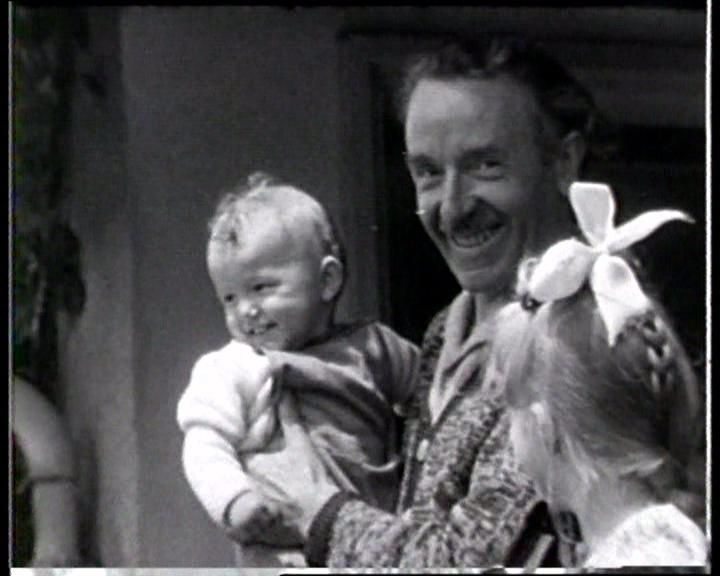
Célestin Freinet :
“The function of the environment is not to form the child, but to allow him to reveal himself. It is the child himself who must educate himself, raise himself with the help of adults.” The activities are organised according to events and respond to the concern for the development of autonomy.
Célestin Freinet, French pedagogue and leading figure of the New Education, Célestin Freinet (1896-1966) is a teacher who developed a pedagogy based on the free expression of children: free text, free drawing, printing and student newspaper, etc. In the crèche, the trial and error experience proposed by Célestin Freinet is the key pedagogical approach that we adapt to young children.
The philosophy of Freinet education
According to Célestin Freinet, the child learns above all by experimental trial and error.
The trial and error experience
He defends a natural educational method, based on experience, the pleasure of acting and being able to act.
- The child has a natural drive to learn and experiment.
- The normal path of acquisition is experimental “trial and error”.
At the Célestin Freinet day care centre, we value the child’s expression by leaving him/her free to act and interact according to his/her personality and development. The position of the educator is built on the tools of observation and listening to the child, the group of children and the interactions between all the people working in the institution. It is on the basis of these indicators that the educator will regulate the group dynamics and contain them. The educator expresses his or her authority with regard to his or her understanding of events and provides reassuring responses to young children so that they feel protected, listened to and free in their actions. The adult’s language is precise, concise and adapted to young children.
Free speech and free expression at Célestin Freinet
Free Expression is a practice that welcomes each child’s unique ways of expression. His shyness, his dynamism, his discontent, his daydreams… all these ways of being are appreciated and respected to protect the child’s integrity. More naturally, we say to the child: You are free to express yourself as you wish, as you can!
Free expression is an exploratory practice. Games and activities are proposed so that the child can explore his mental universe, his sensations, his emotions, his intellect and his sociability.
For more autonomy, children are encouraged to choose their own workshops. It is crucial that the child can decide for himself what to do with his pencil, his brush and the subjects that concern him.
“Children’s art” constitutes “above all, whether it be gestural, spoken, sung or plastic expression, the most natural form of spontaneous poetic expression of the world and of man.”
Madeleine Porquet